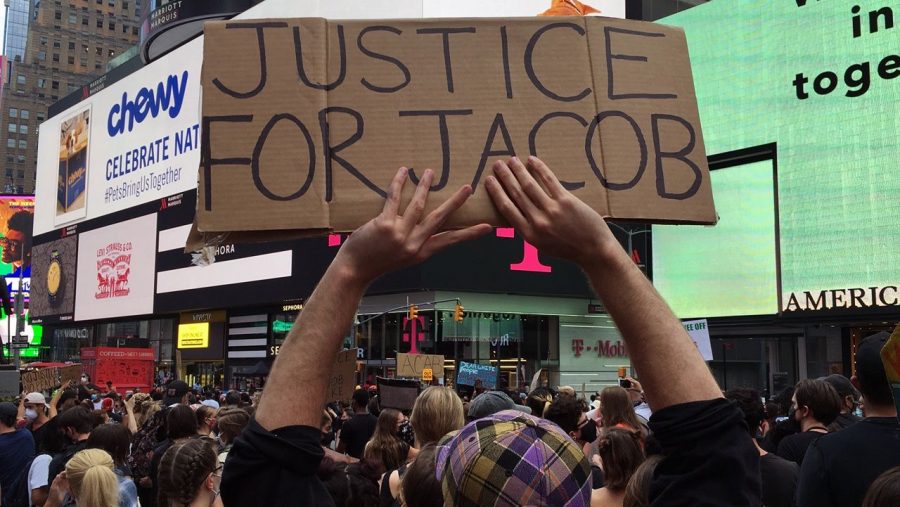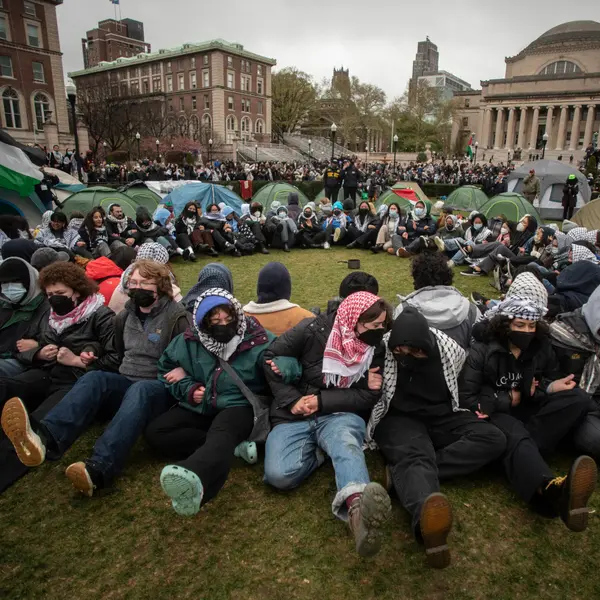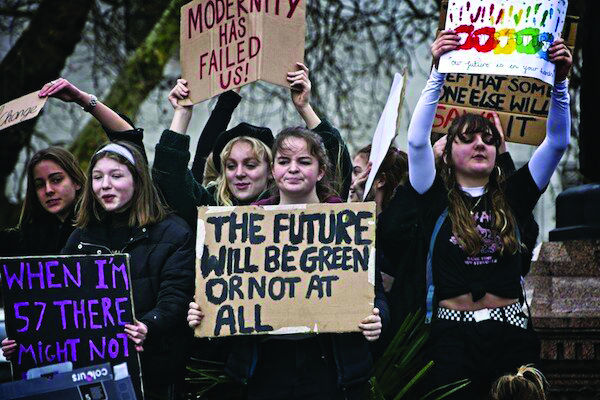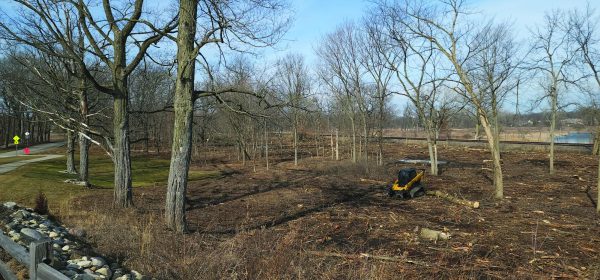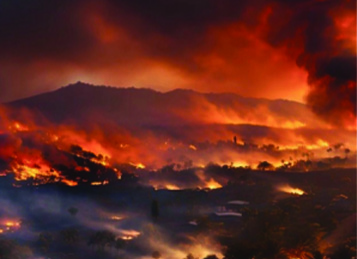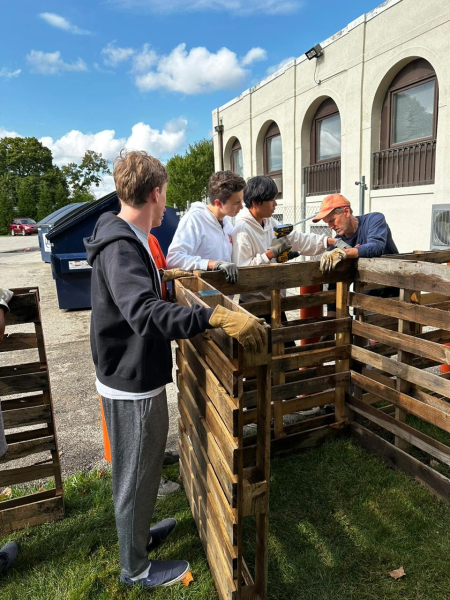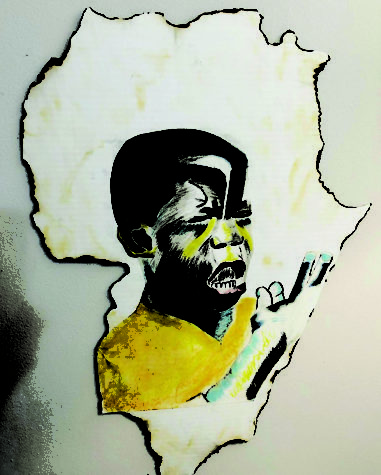Impacts of the Kenosha Shooting
Photo by New York News 1
New Yorkers protesting the killing of Jacob Blake August 24, 2020
October 1, 2020
On August 23, 2020, turmoil broke out in Wisconsin. Jacob Blake, a 29-year-old African American, was shot seven times in the back by police officer Rusten Sheskey, an incident that sparked protests and rioting, not only within the city of the encounter, Kenosha, Wisconsin, but also throughout the entire nation. Protests began the day of the shooting, August 23, and have continued to present day. There has been over 50 million dollars worth of damage, and on August 26, President Donald J. Trump sent 2,000 members of the National Guard, the reserves of the United States Army and the United States Air Force, to, as President Trump said, “restore law and order”.
Lake Forest Academy is a mere 24 miles away from the city of Kenosha, and, as a result of the shooting, has been directly impacted.
Bela De Jesús, a junior at LFA, said, “It’s always painful on a human level, but because it was so close to here. It instilled fear in me. I do have a brown father and brother.”
Despite the shooting being so close to LFA, one Black Student Union (BSU) leader said that, “There have been so many tragedies such as these; I’m numb to things like these now, things that I shouldn’t be. It’s upsetting that I’m used to it.”
Ackim Mpofu, a member of the History and Social Science faculty, noted the violence at the Black Lives Matter protests, specifically those occurring in Kenosha, as, “the language of being hurt. If people are not heard, they end up being hurt. I do not like violence, but if people’s messages are not heard, they tend to do violent things.”
Mpofu, hailing from Zimbabwe, has faced oppression for the majority of his life and said that, “being black has hindered [his] life to some extent.” During his college years at Northeastern University, Mpofu would encounter problems with security. He said that, “Even though I was one of the best athletes there, when they [the police] would see me, they saw me as a threat.”
When asked about one thing he wished could be changed about the stereotype of Black people in American society, Mpofu said the perceived “threat of, specifically, Black males, and with Black women, associating them with being emotional and angry.”
The same question provoked a similar response from a leader of BSU, who said, “the stigma that comes with black people being dangerous or just the negative idea of black people being uneducated.”
With regards to how LFA has handled this movement, Mpofu said that, “LFA has done a good job, you know, they have sent out emails and set up speakers. But, it’s one thing to just talk. It’s another to take action. I hope to see the actions that LFA takes.”
Erin English, a Health, Wellness, and Community Teacher, said that, “Youth voice matters. Youth has so much more power than they realize, and that there is a hopefulness to engage and to change the world.” English is part of a mixed family and said that, even though she has been made to feel welcome in American society, “that’s different from being made to feel as if we belong here.” As a teacher at LFA, she hopes that her students will leave with a broader understanding of how to interpret others’ views, and how to listen respectfully and engage respectfully as well.
When asked about what comes next regarding the BLM movement, a leader of BSU said, “Before we do anything we have to just listen to what’s going on, listen to the people that are hurting” Another BSU leader said, “One thing that’s important is to recognize that the Black Lives Matter movement isn’t black lives matter more than other people, but that they matter too.”
During these trying times, it is very important that the LFA community listens to others’ views and provides support to everyone, as respecting each other and loving each other is the best way to heal.

